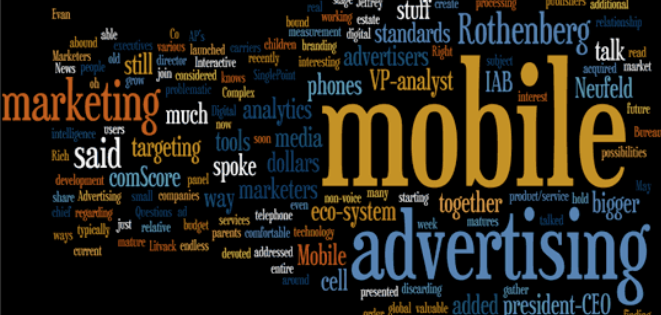Just under half of people surveyed in five Southeast Asian countries who said they have clicked on or read a mobile ad in the past month say they did so by mistake.
While 77 per cent of those surveyed say they’ve engaged with a mobile ad, 48 per cent said they were unintentional clicks, according to a study by Omnicom Media Group, the parent group of media agencies OMD and PHD, and research firm Epinion.
However, respondents said they don’t mind ads on the whole, as long as they get something in return; 60 per cent said they prefer entertaining ads or those that reward for watching.
Almost three quarters of respondents said they depend heavily on their phones to ease boredom. But not all want content from brands that entertains; they want content with functional and practical value – self-improvement tips (43 per cent), motivational or inspirational quotes (30 per cent) and recipes (27 per cent) were also popular.
Email was found to be the most effective ad channel on mobiles, ahead of Facebook newsfeed content, animated content or video ads on instant messaging apps.
Fully 60 per cent of respondents said they use their smartphones while watching TV. This behaviour is more pronounced in Thailand (66 per cent) and among younger people aged 15 – 24 (63 per cent).
Three quarters use their smartphone to interact with the TV content: either talking, sharing or searching for programme-related info (47 per cent) or TV ad-related information (28 per cent).
Guy Hearn, chief innovation officer of Omnicom Media Group, commented that while critical need for mobile advertising was critical among marketers, “many of us have no clear idea how to capitalise on it.”
“One of the reasons is that while there is a lot of data available on consumers’ mobile usage, data on mobile advertising is still limited,” he said.
Thue Quist Thomasen, head of group sales and marketing at Epinion, added that brands should think more carefully about marketing being useful for mobile users.
“There is a huge opportunity for brands to enhance the utility and functionality of their campaigns by leveraging mobile advertising as consumers have gone beyond using the mobile phone as a means of entertainment and communication,” he said.
“Brands should move away from the fixation of content equates entertainment or information, and reconsider or redefine what does content mean to consumers from the perspective of utilisation.”
The online study was based on the responses of 2,631 internet users aged 15-54 who own a smartphone, in Indonesia, Malaysia, Philippines, Thailand and Vietnam.
To download the full study, Click the following link:
http://insights.epinionglobal.com/download-four-cs-mobile-advertising-sea-report

















